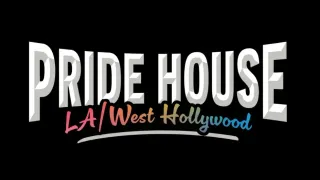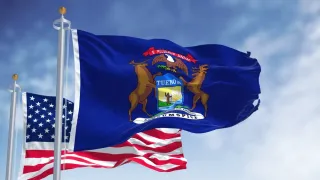
7 hours ago
Personal Stories Drive Gen Z Men’s Engagement on Abortion Rights
READ TIME: 2 MIN.
Recent polling and focus groups have identified a notable shift: Gen Z men are more likely than older generations to make abortion rights a key factor in their voting decisions after hearing personal stories from people affected by abortion bans. This trend, documented in research from Abortion in America and reported by The Advocate, The 19th News, and independent analysts, suggests that direct, relatable narratives are critical to mobilizing young men on reproductive health issues .
According to a 2025 survey from Abortion in America, the proportion of men aged 18-29 who said abortion would significantly influence their vote increased by 12 points after viewing video testimonies from those directly affected by abortion bans. In contrast, older men showed a more modest shift , highlighting the unique responsiveness of younger voters to personal narratives .
Lauren Collins Peterson, CEO of Abortion in America, emphasized the importance of this approach: “By enormous margins don’t want to hear from politicians about abortion. They want to hear from people like them,” she explained. The data underscores the potential to activate and mobilize young men when discussions are framed in relatable, personal terms .
One widely shared testimony is that of Hope Ngumezi, a Texas father who lost his wife, Porsha, after delayed medical care during a miscarriage—an outcome influenced by the state’s abortion restrictions. Ngumezi’s story has resonated deeply with men, many of whom have reached out to him for guidance on navigating pregnancies in restrictive states. He believes his experience is impactful because it is tangible and verifiable: “I could tell you this is how these abortion laws affected my life, and you can’t argue that it’s something that’s real, something that you can look it up and you’ll see the facts of what happened,” Ngumezi said .
This shift in Gen Z men’s attitudes is particularly significant for the LGBTQ+ community, where reproductive justice is deeply intertwined with broader struggles for bodily autonomy and inclusive health care. Many LGBTQ+ people—including transgender men and nonbinary individuals—require access to abortion and reproductive services, yet face additional barriers due to discrimination and legislative restrictions .
Activists note that the inclusion of diverse stories, especially from LGBTQ+ individuals and families, is crucial to building a broader coalition for reproductive rights. Engaging Gen Z men in these conversations not only expands the base of support for abortion access but also fosters greater understanding of how these issues intersect with LGBTQ+ rights.
As the 2026 U.S. midterm elections approach, advocates are focusing on storytelling as a central strategy to engage young voters. “We don’t need to persuade people abortion’s important. They just don’t believe it’s under threat,” said Molly Murphy, president at Impact Research. Murphy’s organization found that Gen Z men, despite some shifting toward conservative candidates in the 2024 election, remain highly receptive to stories that make the stakes of abortion bans personal and immediate .
For LGBTQ+ advocates and reproductive justice organizers, these findings underscore the importance of centering lived experiences—especially those from marginalized genders and sexualities—in both media and political messaging. By highlighting shared struggles and unique challenges, the movement aims to build lasting solidarity across communities and generations.






